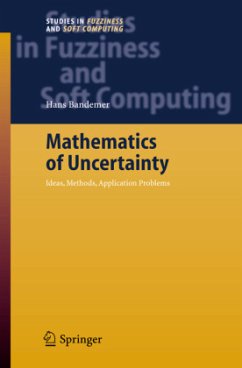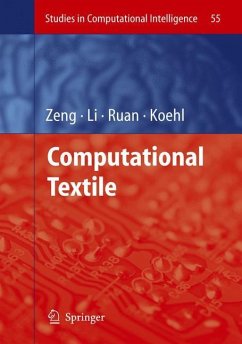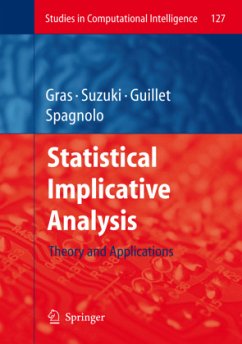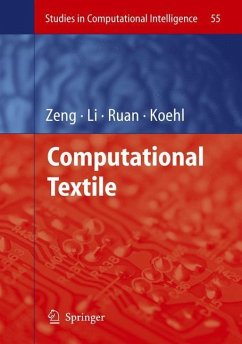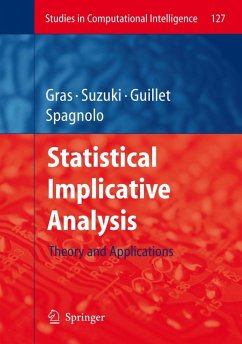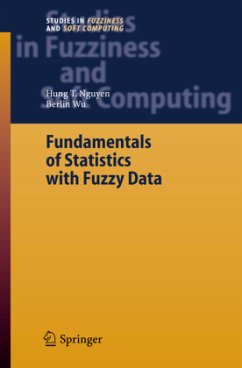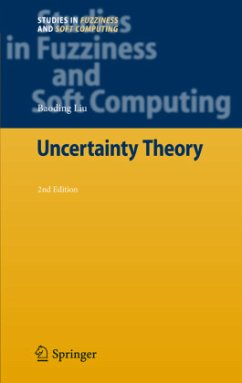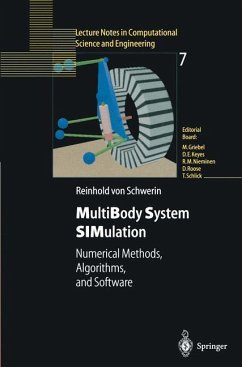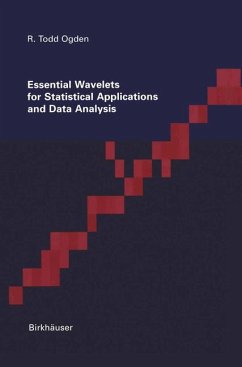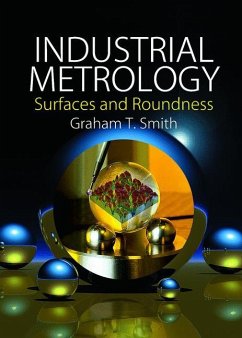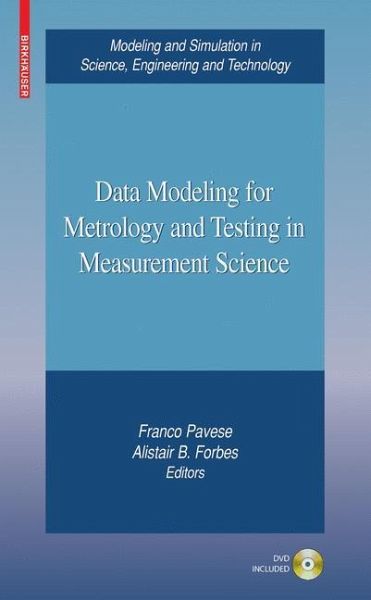
Data Modeling for Metrology and Testing in Measurement Science

PAYBACK Punkte
76 °P sammeln!
The aim of this book is to provide, ?rstly, an introduction to probability and statistics especially directed to the metrology and testing ?elds and secondly, a comprehensive, newer set of modelling methods for data and uncertainty analysis that are generally not considered yet within mainstream methods. The book brings, for the ?rst time, a coherent account of these newer me- ods and their computational implementation. They are potentially important because they address problems in application ?elds where the usual hypot- ses that are at the basis of most of the traditional statistical and pr...
The aim of this book is to provide, ?rstly, an introduction to probability and statistics especially directed to the metrology and testing ?elds and secondly, a comprehensive, newer set of modelling methods for data and uncertainty analysis that are generally not considered yet within mainstream methods. The book brings, for the ?rst time, a coherent account of these newer me- ods and their computational implementation. They are potentially important because they address problems in application ?elds where the usual hypot- ses that are at the basis of most of the traditional statistical and probabilistic methods, for example, relating to normality of the probability distributions, are frequently not ful?lled to such an extent that an accurate treatment of the calibration or test data using standard approaches is not possible. Additi- ally, the methods can represent alternative ways of data analysis, allowing a deeper understanding of complex situations in measurement. The book lends itself as a possible textbook for undergraduate or postgraduate study in an area where existing texts focus mainly on the most common and well-known methods that do not encompass modern approaches to calibration and testing problems. The book is structured in such a way to guide readers with only a g- eral interest in measurement issues through a series of review papers, from an initial introduction to modelling principles in metrology and testing, to the basic principles of probability in metrology and statistical approaches to - certainty assessment.





